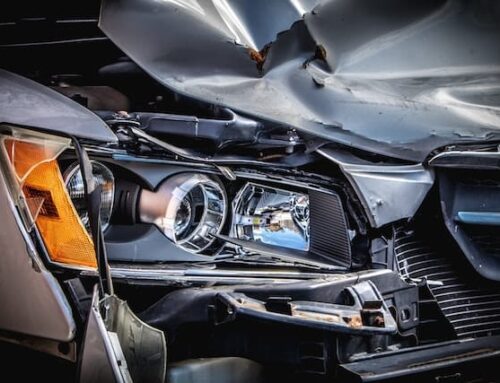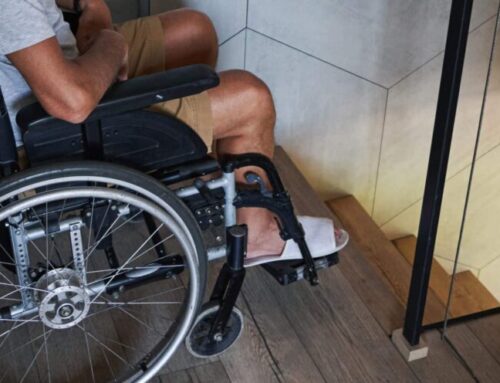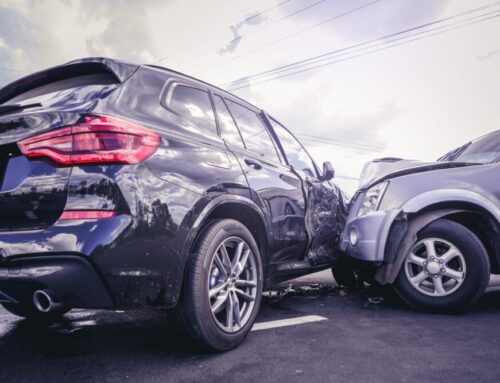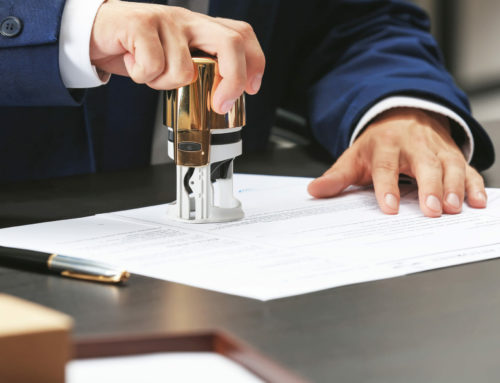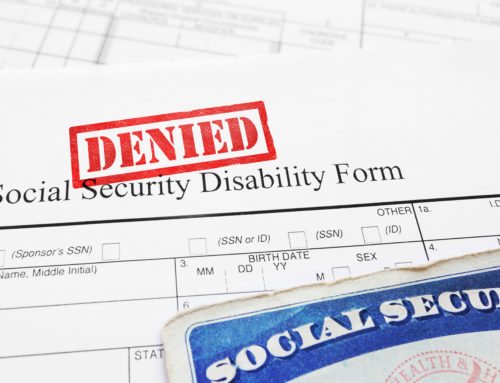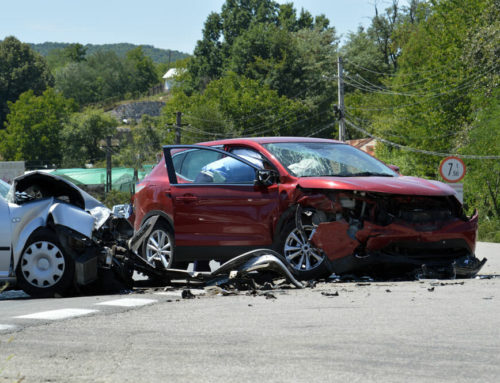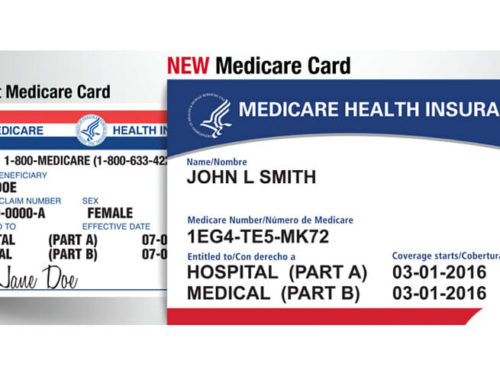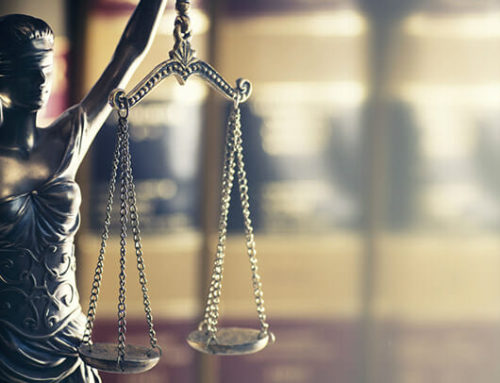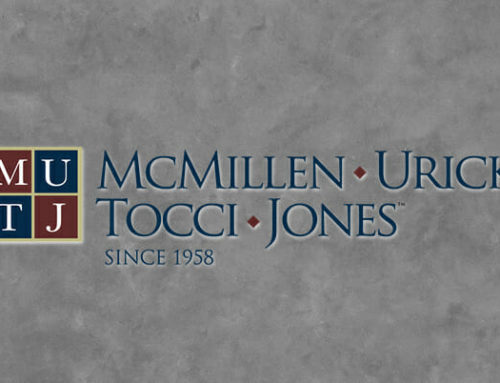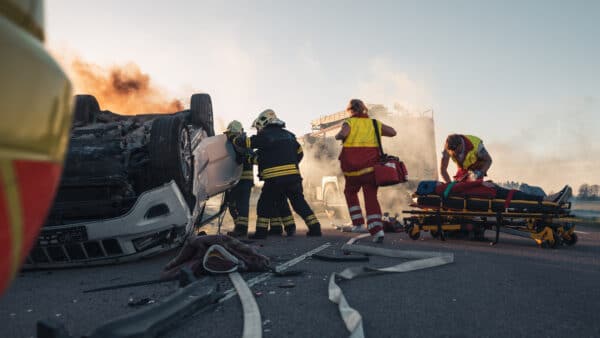
It is common knowledge that a victim of a car accident can hold the responsible driver accountable for the cost of the crash. But what does this mean? What types of compensation will the victim be able to get from the driver that caused the crash?
The exact answer will depend on the details, but victims generally can expect to recover two different types of compensation: economic and non-economic.
Type 1: Economic damages
Also referred to as special damages, this category refers to out-of-pocket expenses and is likely the first thing we think of when trying to get the funds we need to cover the costs after an accident.
This can include the cost to repair or replace a vehicle, medical bills, and lost wages. The victim will generally need to provide copies of bills and other documentation to support this claim.
Economic damages also include future medical costs and lost wages as a result of the accident.
Type 2: Non-economic damages
Non-economic, or general damages, refer to other, less tangible aspects associated with the accident. These type of damages often include emotional distress, pain and suffering and other similar awards that are more difficult to quantify.
As a result, victims generally need the help of professionals to establish both the presence and expected cost of these injuries in order to determine an appropriate amount for the circumstances.
Time is of the essence:
After victims take the time to seek medical treatment, it is important they start thinking about next steps – as soon as possible. Unfortunately, the timeframe allowed to file claims is limited.
In Pennsylvania, victims generally only have two years from the date of the crash. Because of this time limit, known as the statute of limitations, it is important to act promptly.
Failing to file a claim could bar victims from collecting compensation and holding the responsible party financially accountable for the accident.



